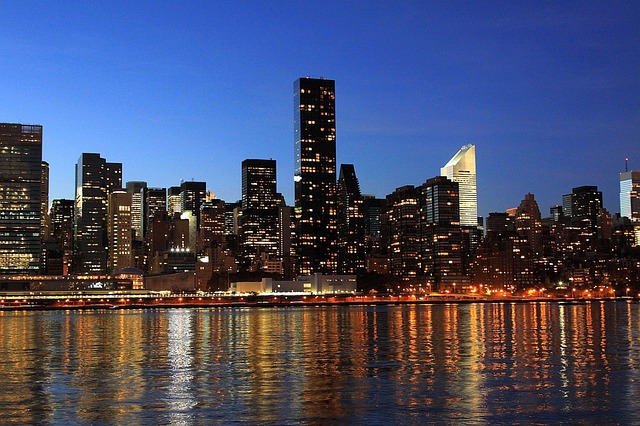Capital Strike
Everyone knows about labor strikes: when labor walks out and says “strike!” to try to negotiate for better terms.
Capital strike is similar, except it’s businesses and investors walking out on capital...i.e. refusing to invest in the economy at all, or in a particular industry.
Yeah, capital strike does look pretty different than a labor strike. There’s no organizing, and nobody out in the streets chanting with signs. It’s just investors holding onto their money, even when facing an increase in market demand.
Why would investors leave money on the table when there’s an increase in market demand? Good question. As the old adage goes, “follow the money." If money isn’t being spent somewhere you think it would, it must be benefiting the money-holders to not spend it there. One theory is that wealthy investors keep money from certain sectors to have an impact on legislation or parts of the economy.
For instance, there have been multiple instances of wealthy investors trying to keep cars and roads the focus with regard to transportation, even when people want more public transportation. Why? Because public transportation doesn’t roll in the big bucks like the auto industry does.
Another example is investors pulling a capital strike because they don’t like the interest rates or loan requirements at the banks right now. Only the ones with lots of capital can make capital strikes like these.
